Explore Table Mountain, Cape Town's iconic landmark and a UNESCO World Heritage site. Discover the history behind its unique flat-topped appearance and its status as one of the New7Wonders of Nature. Learn about the thrilling cable car rides offering panoramic views, and the adventurous hiking trails through diverse fynbos vegetation. Encounter Table Mountain's rich biodiversity, including the elusive Table Mountain ghost frog. Whether you're a nature enthusiast or a history buff, Table...
Facts about the Elephants found in Addo Park
One fascinating fact about the elephants in Addo is their ability to adapt to new habitats. Due to the park's location on the edge of the semi-arid Karoo region, the elephants have had to learn to survive on a diet of primarily shrubs and succulents rather than the grasses they would typically eat in more lush areas. This has resulted in unique behaviours, such as the elephants using their tusks to dig up roots and bulbs from the ground.
Conservation efforts at Addo Elephant Park include extensive research on elephant behaviour and social dynamics and anti-poaching measures to protect the park's wildlife from illegal hunting. The park also works with nearby communities to promote sustainable living practices and reduce human-wildlife conflict.
The tuskless elephants in Addo Elephant National Park
The phenomenon of selective pressure, which has led to most elephants in Addo Elephant National Park being tuskless, is a clear example of how human activities can significantly impact natural selection. However, other factors may have contributed to the rise of tuskless elephants in the park.
One such factor is a genetic mutation.
It is possible that a genetic mutation occurred in the elephant population that led to a higher incidence of tusklessness. This mutation may have been passed down from generation to generation, eventually becoming more prevalent in the population.
Another factor that may have contributed to the increase of tuskless elephants in the park is the behaviour of the elephants themselves. Elephants with tusks are likelier to engage in aggressive behaviour, such as fighting with other elephants or damaging vegetation. Tuskless elephants, on the other hand, are less aggressive and may be better suited to the park's environment.
Despite the increase in tuskless elephants, some elephants in the park still have tusks. These elephants are an essential reminder of humans' impact on the elephant population in Addo Elephant National Park and worldwide. It is vital to continue to protect these majestic animals and their habitats and to work towards ending the illegal ivory trade that has caused so much harm to elephant populations across the globe.
Addo Elephant National Park is a wildlife reserve in South Africa's Eastern Cape Province. It is home to a diverse range of flora and fauna, including the African elephant, from which it gets its name.
Here are 20 interesting facts about elephants in Addo:
- Addo Elephant National Park is home to over 600 elephants.
Elephants in Addo are the largest in the world, with bulls weighing up to 12,000 pounds. - Addo's elephants have unique tusks that are shorter and thicker than other African elephants.
- Elephants in Addo are known for their distinctive behaviour of standing on their hind legs to reach high branches.
- Addo's elephants are herbivores, feeding on various plants, fruits, and bark.
- Elephants in Addo are social animals that live in groups led by a matriarch.
- The matriarch is the oldest and largest female in the group and is responsible for leading the group to food and water sources.
- Addo's elephants have a lifespan of up to 70 years.
- Elephants in Addo communicate with each other using a variety of sounds, including trumpets, grunts and rumbles.
- Elephants in Addo have excellent memories and can remember the location of water sources for years.
- Addo's elephants are essential in maintaining the park's ecosystem by creating pathways for other animals and dispersing seeds.
- Elephants in Addo are susceptible to poaching for their ivory tusks.
- The park has implemented measures to protect the elephants, such as dehorning to make them less attractive to poachers.
- Addo's elephants are also vulnerable to habitat loss due to human encroachment and climate change.
- The park has a dedicated team of rangers and researchers who monitor the elephants' behaviour and health.
- Addo's elephants are a significant tourist attraction, with visitors coming from around the world to see them in their natural habitat.
- The park offers guided tours and safaris, allowing visitors to get up close and personal with the elephants.
- Addo's elephants are a source of pride for the local community, who work to protect them and promote responsible tourism.
- The park is actively involved in elephant conservation efforts, including research and community outreach programs.
- Addo's elephants symbolise Africa's rich wildlife heritage and remind us of the importance of conservation and sustainable development.
Further Reading
Discover Cape Town, the Mother City of South Africa, through our ultimate guide. From iconic attractions like Table Mountain and the Cape Peninsula to thrilling adventures such as shark cage diving and hot air ballooning, immerse yourself in the city's rich cultural tapestry with dining tips, family-friendly activities, and practical travel advice. Whether you're planning your first trip or looking to enhance your experience, our guide ensures you make the most of...
Planning a trip to Cape Town? Explore a range of accommodation options from budget-friendly hostels and charming guest houses to luxurious hotels and unique boutique stays. Our comprehensive guide provides direct links to each establishment, making it easy to find the perfect place to stay in this vibrant South African city. Discover your ideal accommodation and make the most of your Cape Town experience with comfort and convenience.



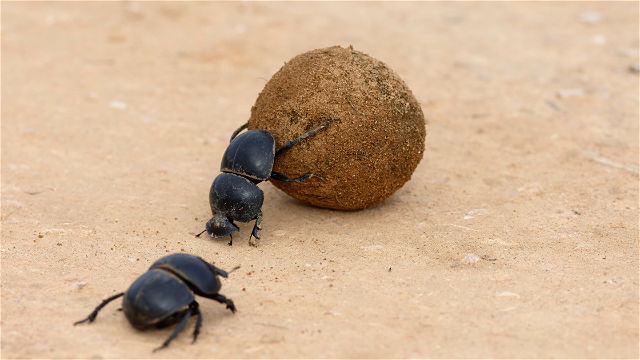


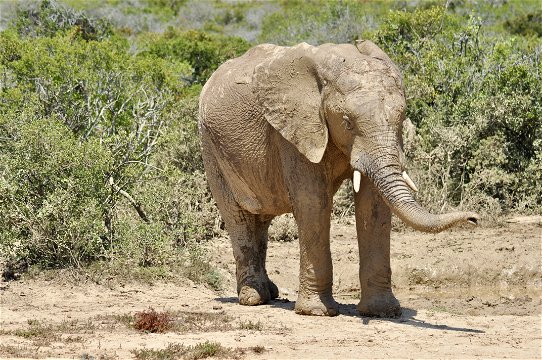

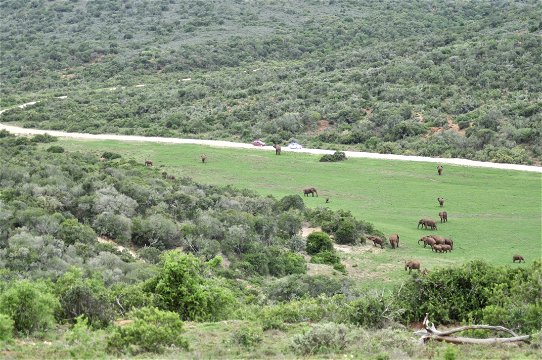



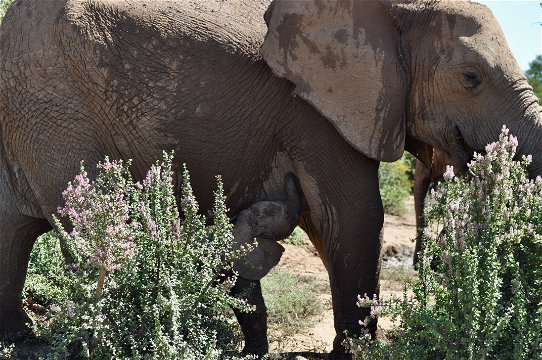
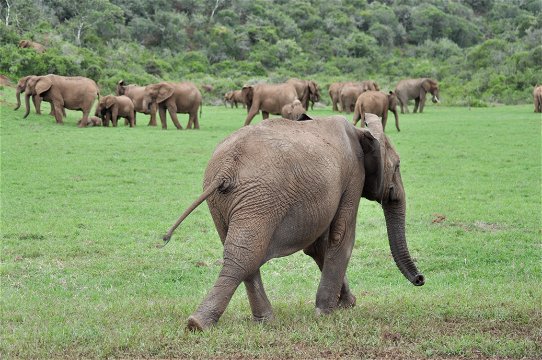
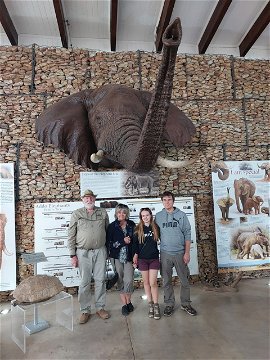



Share This Post